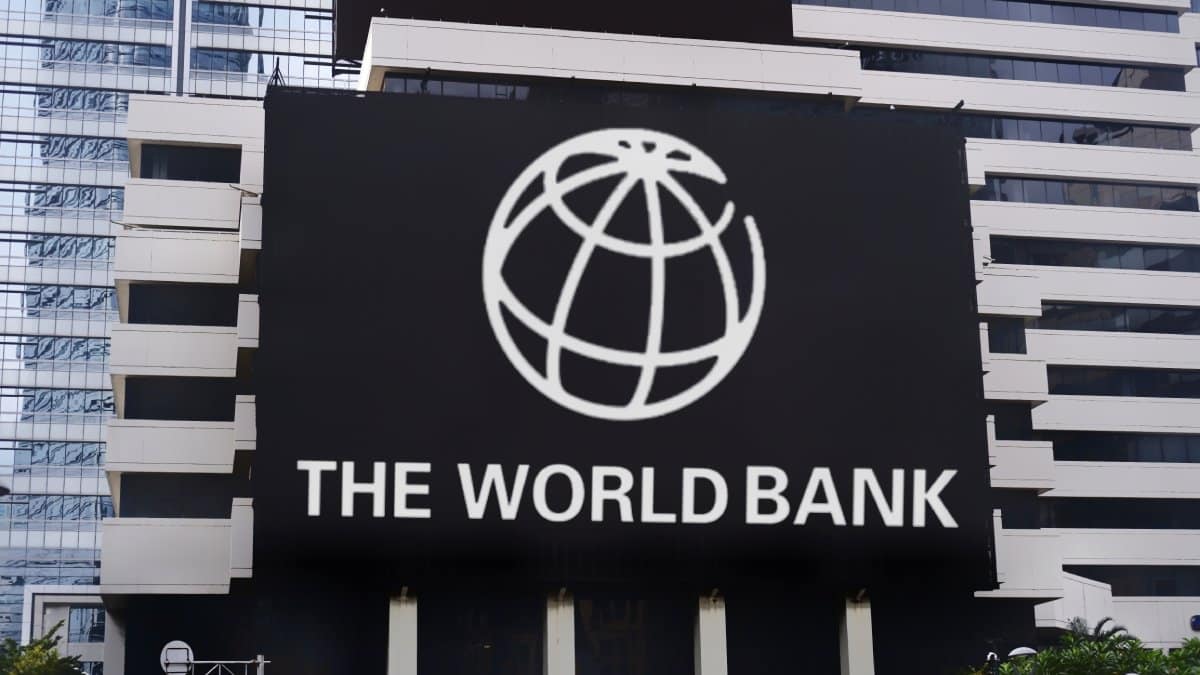The World Bank warns of the slowest global economic growth since the pandemic due to persistent challenges.
A Sobering Outlook
The World Bank has issued a warning; they are projecting 2.4% growth in 2024, the weakest economic growth since the pandemic.
The World Bank’s twice-yearly lookahead takes into account the persisting challenges facing the global economy. The ongoing conflicts in Ukraine and the Middle East are identified as significant impediments to global trade and investment.
Beyond the immediate concerns, the report notes that global growth is at historically “mediocre” levels, and the growth in global trade remains sluggish.
The report emphasizes the heightened geopolitical risks arising from the Israel-Hamas conflict, particularly in the Red Sea. Attacks on vessels in this crucial shipping route have led to disruptions, increasing the likelihood of “inflationary bottlenecks.”
US Secretary of State Anthony Blinken warned that the attacks “have disrupted or diverted nearly 20% of global shipping. This increases the cost and time of moving food, fuel, medicine, and humanitarian assistance”.
The economic shifts are further shaped by the actions of the central banks all over the world. While efforts to address the cost-of-living crisis have led to steady increases in interest rates, the report highlights a potential downside.
The Effect on Developing Countries
A notable aspect of the World Bank’s report is the distinction between the recovery trajectories of advanced economies and developing nations.
Higher interest rates in major economies may make borrowing more expensive for poorer countries, raising concerns about their ability to manage debt effectively and lack of long-term solutions..
By the end of 2024, all advanced economies are projected to have a per capita income higher than pre-COVID levels.
However, the average income of individuals in emerging economies may only reach 75% of pre-COVID levels, dropping to 66% in the poorest countries.
The report sheds light on the challenges facing China, the world’s second-largest economy. Hindered by a reluctance among consumers to spend combined with issues in its property sector, China’s growth is forecasted to be just 4.5%.
China originally set a very modest 5% target for 2023, which they failed to meet. This presents a potential headwind for other developed economies, especially those closely tied to China through trade partnerships.
Affect on Food
The World Bank has expressed concern about the cost of food, particularly for the world’s poorest populations. With a significant increase in the price of rice last year linked to India’s restrictions on exports, they are projecting potential hardships faced by vulnerable communities who rely on cheap food staples to survive.
Despite the surging price of rice, the report notes that ample supplies of other crops could lead to a 1% reduction in average food prices this year, providing a bit of balance.
Opportunities for Improvement
While the challenges outlined in the report are daunting on paper, they also signal there is an opportunity for growth, especially in the private sector.
The World Bank emphasizes the need for governments and stakeholders to encourage strategic investments, hopefully leading to further economic growth.
Addressing challenges such as climate change and the energy transition requires a concerted and collaborative effort on a global scale.
As the World Bank projects the slowest half-decade of global economic growth in 30 years, it signals a critical moment for nations all over the world. It is time to work together, governments and stakeholders alike, to help get the economy back on track.
The post World Bank Issues Warning About Potential Global Economic Slowdown first appeared on Edge Media.
Featured Image Credit: Shutterstock / Poetra.RH.
Katie Glenn is an esteemed writer and political analyst, renowned for her incisive coverage of international politics and issues concerning freedom and liberty.

